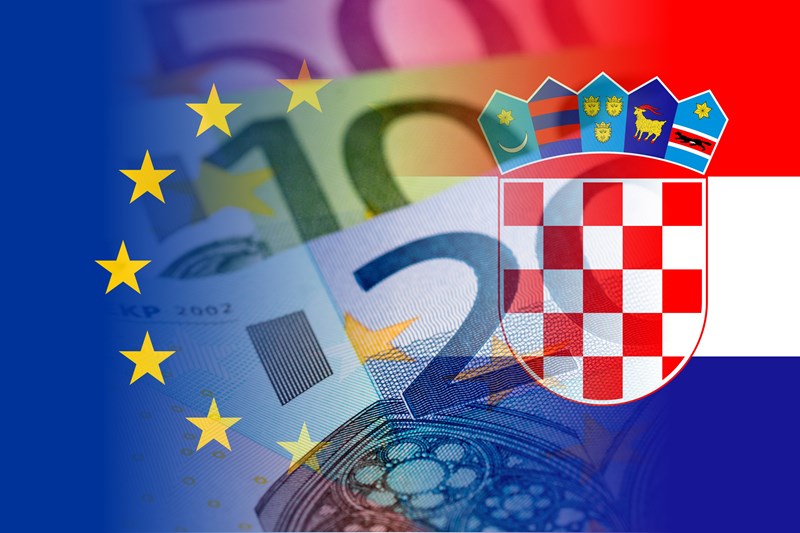
Navigating the Changes in Croatia – What Travelers Need to Know?
Overview of the Changes in Croatia since January 1st 2023
Croatia’s accession to the Schengen Area and its switch to using the euro as its currency are two major milestones in the country’s history. These decisions will have a significant impact not only on Croatia, but also on Europe as a whole. By joining Schengen, Croatia will have access to more than 26 countries without any border checks and by switching to the euro, it will be able to benefit from the stability of the common currency. This move is expected to bring economic growth and development for Croatia in the long run.
What is the Schengen Area?
The Schengen Area is an area of Europe with no internal border controls, the European Council explains. It spans more than 4 million square kilometres and has a population of about 420 million people.
Countries in the Schengen Area have agreed to abolish controls at their shared borders, allowing people to travel freely between member countries.
About 3.5 million people a day cross internal Schengen borders to work, study or visit family and friends, while around 1.7 million people stay in one Schengen country but work in another.
Non-European Union (EU) nationals living in or visiting the EU can also travel check-free through the zone.
But they can only stay in the Schengen Area for 90 days in every 180 without a visa.
About Dalmatica Mobility Group There’s one time in your personal or corporate life when you’ve got to move internationally. Such a huge leap comes with lots of challenges. The global environment is in a constant flux and our lives are not free from it either. Dalmatica Mobility Group is here to be the steady point in that flux when you want to find a reliable Relocation, Moving, Logistics and Consultancy provider.


